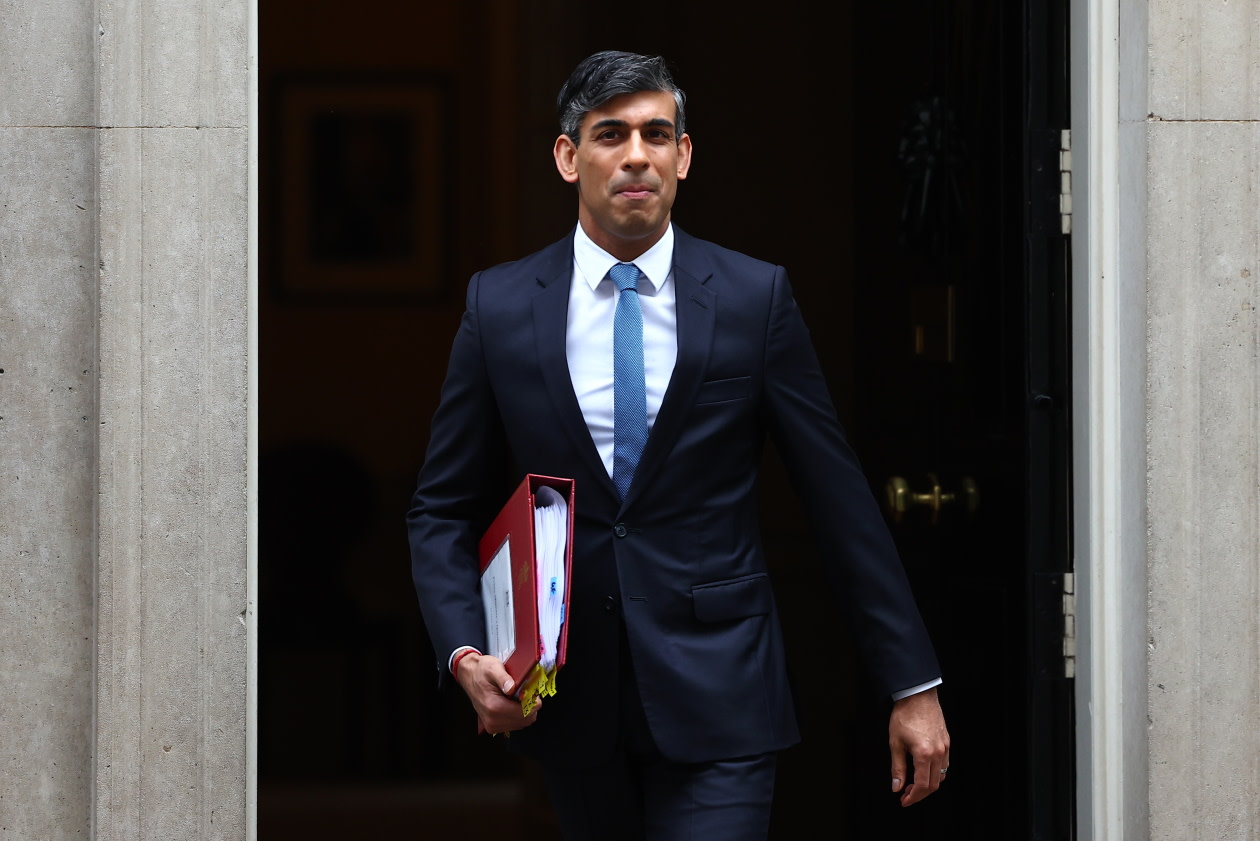The next UK General Election will be on 4 July this year.
Here’s what the latest polls are showing, how the 2024 General Election will work and what it could mean for investors.
The latest polls – who’s leading the race?
Latest polls, which show how people are expecting to vote based on surveying 1,000 people, are pointing to a Labour party victory – they currently have a whopping 44% average rating.
The Conservative poll average has dropped even further more recently. The Tories now have a 23% rating – the lowest level since October 2022, back when Liz Truss was leading the country.
While we have to take survey polls with a pinch of salt as there’s plenty of room for margin of error, they do tend to show the general feeling of the nation. Even the predicted ranges, which include potential for less accurate polls, are painting a similar picture.
How will the 2024 UK General Election work?
Unlike across the pond in the US, the UK doesn’t elect its head of state. Instead, the monarch is the head of state and voters elect a representative for their area, a member of parliament (MP).
Most candidates will be the local candidates for national political parties, but they can stand independently too. Under the ‘first past the post’ system, the candidate that receives most votes becomes their MP.
The party with the most MPs will then be asked to form a government by the monarch. Its leader, normally chosen by party members, will then become prime minister.
Voters only vote to elect their local MP in a general election. They can’t vote for a new prime minister. Voters that live in the constituency represented by the current prime minister, are still only voting for them as their local MP.
This is the same if they live in the constituency of the leader of another political party. They’ll only be voting for them as their local MP.
What about a hung parliament?
If no party has a majority of seats, a 'hung parliament’ is called.
The largest party can either form a minority government, or try and form a coalition government of two or more parties like in 2010.
Sign up to our Editor’s Choice email and we’ll send you our top stories from the week, every Saturday morning – including all our latest insights on the 2024 General Election and what it means for your money.
What could the 2024 General Election mean for investors?
There are multiple factors that affect stock market returns, and politics is just one of those.
UK stock markets can adjust to different governments, even if there’s uncertainty during the immediate run up before an election.
FTSE 100 since inception
Since the FTSE 100 was formed in January 1984, it’s risen from 1,000 to above 8,000 today.
Plenty of governments and politicians have come and gone during that time, and the UK stock market continues to thrive although it’s faced a couple of knocks along the way.
Ignoring short-term noise and focusing on your long-term investing plan is the secret to investing success. And when we look at the impact of upcoming elections, it’s always worth keeping that in mind.
This article isn’t personal advice. If you’re not sure if something is right for you, ask for financial advice.
Whether you’re looking to invest in funds, shares or ETFs, discover the UK investment ideas our experts believe have the most long-term potential.



